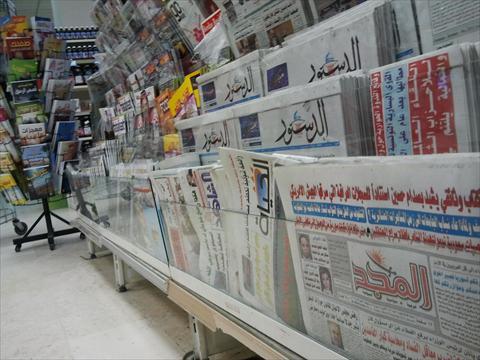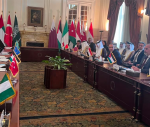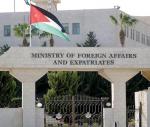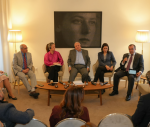AMMAN — Jordan has dropped seven places on the Press Freedom Index 2014, ranking 141st among 180 world countries.
The recently issued Reporters without Borders annual index said that in Jordan, “the Arab Spring and the Syrian conflict have led the authorities to tighten their grip on the media and, in particular, the Internet, despite an outcry from civil society.”
It added that access to around 300 news websites was blocked within Jordan in June 2013 under a new media law that “drastically restricts” online freedom of information.
The amended Press and Publications Law gives the Press and Publications Department director the authority to block news websites in Jordan that do not register with the department.
Hundreds of websites were blocked in June last year for failing to register.
The 2012 amendments, which came into effect in January 2013, stipulate that the chief editor of a news website must be a JPA member, mandate a special court to look into media cases, and set a four-month deadline for this tribunal to rule on any case it hears.
Moreover, the legislation holds online media publishers accountable for comments their readers might post, prohibits them from publishing comments not relevant to the article to which they are attached, and requires that all comments be archived for no less than six months.
Government officials have maintained that the new version of the Press and Publications Law is aimed at regulating electronic media outlets to ensure their integrity, dismissing any suggestions that the law seeks to restrict media freedoms.
Jordan Press Association (JPA) President Tareq Momani acknowledged that there have been setbacks in media freedoms, adding that the amendments to the Press and Publications Law are restrictive.
He said in a phone interview that the JPA has opposed the amendments that targeted online media, which he described as conflicting with the Constitution and the reform process in the country.
Momani also criticised referring two journalists last year to the State Security Court, noting that this contradicts the law that stipulates referring them to the first instance court instead.
Kuwait, which was ranked 91st in the overall ranking, came in first place among Arab countries on the index followed by Lebanon, Qatar, the UAE, South Sudan, Algeria, Tunisia, Oman, Morocco, Libya, Palestine and Jordan.
Finland came in first place, followed by the Netherlands and Norway for the second consecutive year.
Eritrea came at the bottom of the ranking in 180th place.
















